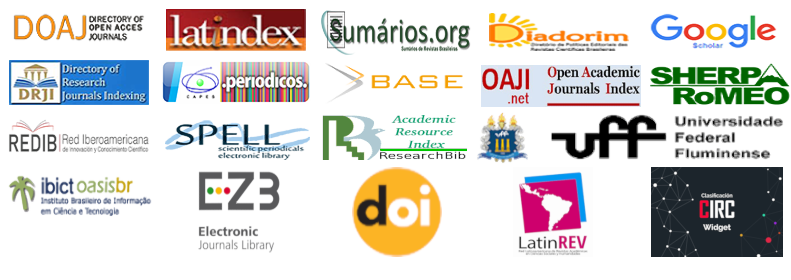The role of Innovation and Entrepreneurship Agencies in the formulation of mission-oriented innovation policies
the experience of the FAPERJ Technology Directorate
DOI:
https://doi.org/10.20401/rasi.7.2.449Keywords:
Políticas de Inovação Orientadas a Missões, ODS, FAPERJ, Estado do Rio de Janeiro, Sistema de Inovação FluminenseAbstract
The aim of the article is to discuss the opportunities and challenges for the constitution of a mission-oriented innovation policy based on the Sustainable Development Goals (SDGs), focusing on the recent experience of FAPERJ’s Technology Directorate. To this end, a literature review on the role of innovation agencies and mission-oriented innovation policies was conducted. The empirical part of the article is based on document research as well as on the Strategic Planning for the Technology Directorate for the 2019-2021 triennium. The main conclusions point out that: (a) the state of Rio de Janeiro has possible socioeconomic challenges to base a problem-solving innovation strategy; (b) the fragmentation of the state’s institutional scenario is not only a challenge for mission-oriented innovation policy making but also creates opportunities; (c) the complexity of societal challenges however makes these policies difficult to formulate and implement; and (d) building indicators and metrics to measure the impact of such policies is quite challenging.
Downloads
Downloads
Published
Issue
Section
License
Copyright (c) 2021 Review of Administration, Society and Innovation

This work is licensed under a Creative Commons Attribution 4.0 International License.
RASI, in accordance with Law No. 9,610 of February 19, 1998, which amends, updates and consolidates Brazilian copyright law and makes other provisions, adopts the following conditions of the Copyright Assignment:
1. RASI maintains, with the transfer of copyrights, the possession of rights over the content published;
2. The author retains his moral rights of the content, including the right to be identified as the author whenever the content is published;
3. Despite the attribution of copyright, the author retains the right to reuse the material in future collections of his own work without encumbrance. The acknowledgments of the previous publication in the RASI are the only requirements in such cases;
4. The author may make photocopies of the content, or distribute it by electronic mail or fax, provided that they are intended for their own classes and for the purpose of meeting research objectives, provided that: (a) such copies are not resold and (b) reference to the original source of the publication and the name of the RASI are clearly indicated on all copies made of the document.










